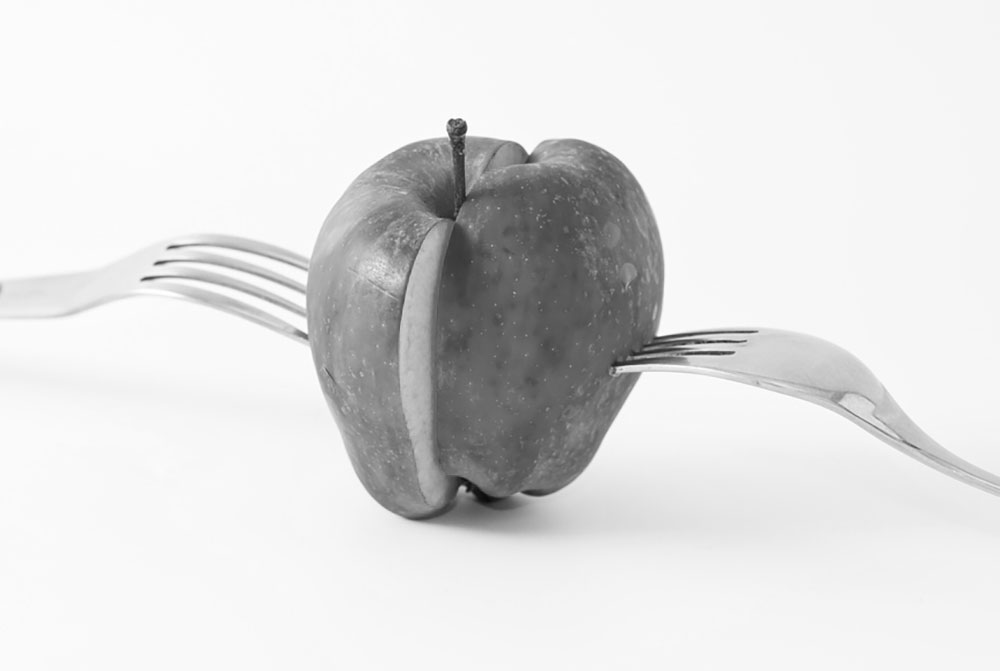
How to Protect your Inheritance from your Spouse During a Divorce
Posted in Family Law, Property Settlement, Separation & Divorce
If you have received an inheritance, or a gift, or anticipate receiving either in the future, you may be wondering how you can protect it from your spouse in the event of a separation and divorce. In North Carolina when spouses divorce all property acquired by either spouse during the marriage is automatically presumed to be “marital property” and therefore subject to equitable distribution. There are exceptions to the marital property assumption. One of those exceptions is for separate property, which is not subject to division. Both inheritances and third party gifts fall into the category of separate property and generally, your spouse will not be entitled to a portion of those assets. But if you fail to appropriately safeguard your separate property it can easily be transformed into marital property. Below are ways that you can protect your inheritance from distribution in the event of a divorce.
- Prenuptial and Postnuptial Agreements are the strongest way to protect your separate property from your spouse. Your separate estate and any potential inheritance, or gift, can be clearly defined in an agreement along with rights and responsibilities of both spouses in the event of a divorce. These agreements are very popular with individuals entering into second marriages to protect family inheritances and preserve their estate for their children from previous marriages.
- Keep it separate. In some cases, it may not be possible to do a prenuptial or postnuptial agreement. Therefore it is critical that any inheritance, or other gifts you receive, be kept separate from any marital funds. Preserve your funds in a separate account, in your individual name, and do not commingle any marital funds in the account.
- Do not purchase jointly titled property. If you purchase any items with your separate funds, do not title the property jointly with your spouse. Purchasing jointly titled property or other jointly held assets can constitute a gift of your separate property to the marriage. The same applies when using separate funds to pay off or make improvements to joint property. If you are considering purchasing or contributing to jointly owned property, and do not want to convey it as a gift, speak with an attorney first.
- Keep records of your inheritance. This includes documentation on where the funds or property came from, who it was intended for, the purpose it was provided, any changes in value, and where it is maintained. Having these items can be extremely helpful during a divorce to prove its separate nature and protect it from distribution.
- Establish a trust to maintain and preserve your inheritance. Trusts are often used in an estate planning process because they are an excellent way to safeguard assets. By placing your inheritance in a trust you can be assured that it will remain apart from your marital property.
Equitable distribution matters can be complex. The attorneys at GHMA | LAW are well versed in all matters of equitable distribution. Working with an experienced and knowledgeable attorney can give you a better understanding of the options available to you to protect your separate assets during your marriage and divorce. If you have received an inheritance or other gift, our family law attorneys can provide you with sound legal advice and guidance to ensure your separate estate is protected. Call us today for a consultation at 828-258-3368.
This article is for information purposes only and is not to be considered or substituted as legal advice. The information in this article is based on North Carolina state laws in effect at the time of posting.


